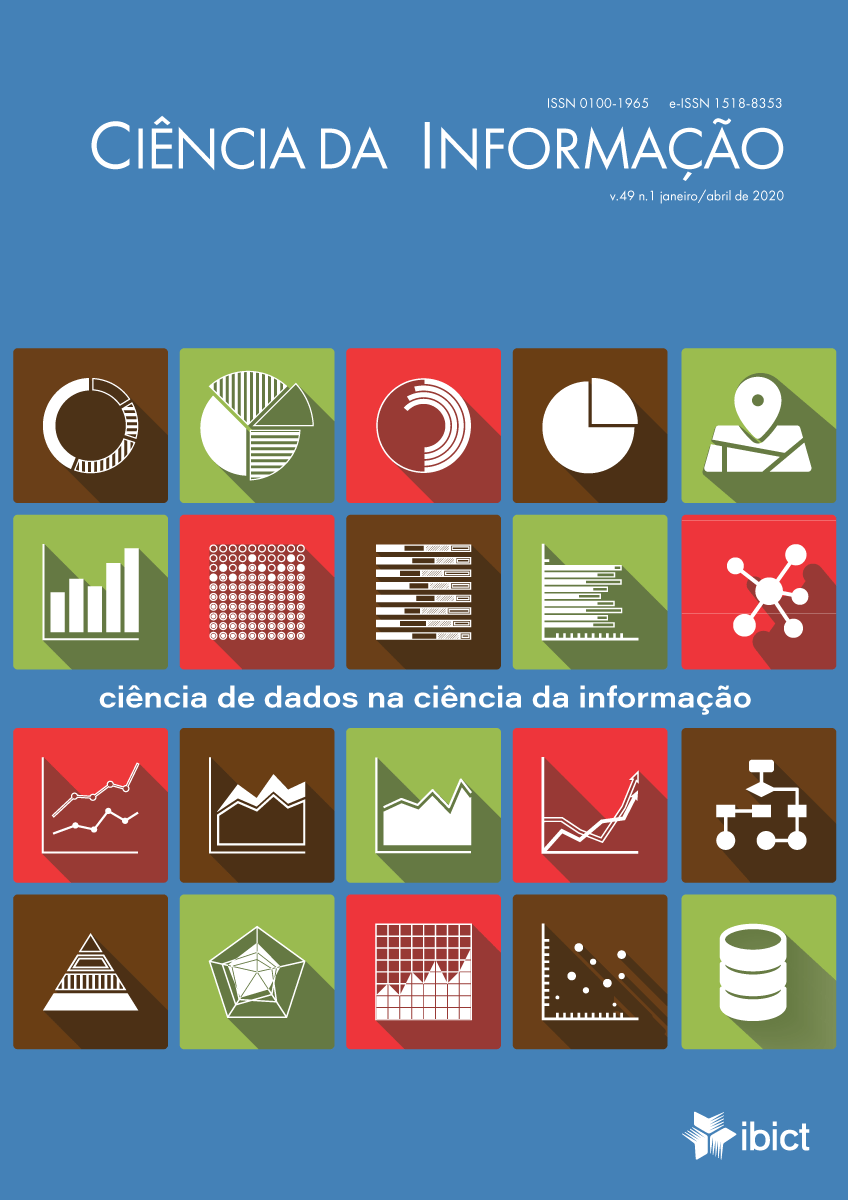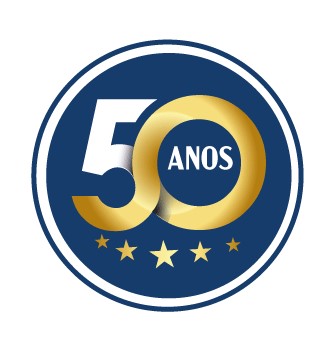Explorando a Reconciliação de Dados Culturais na Wikidata: experimento aplicado com o acervo museológico do Museu Histórico Nacional
experiment applied with the museum collection of the National Historical Museum
DOI:
https://doi.org/10.18225/ci.inf.v49i3.5462Palavras-chave:
Web semântica, Enriquecimento semântico, Acervos culturais, Dados abertos ligadosResumo
Este estudo foi desenvolvido sob a perspectiva da web semântica e dos dados abertos ligados, com enfoque na técnica de reconciliação de dados e busca entender como ocorre o processo de reconciliação de dados culturais com a Wikidata, através da programação de scripts na linguagem Python, com o objetivo de contribuir para o entendimento de como se dá a aplicação de uma técnica de enriquecimento semântico em bases de dados culturais. Como metodologia, são descritas as etapas de desenvolvimento dos scripts de reconciliação de dados. E, como resultados, são apresentados os produtos da aplicação dos scripts na reconciliação de parte dos dados do acervo museológico do Museu Histórico Nacional com os objetos digitais da Wikidata. Chega-se à conclusão de que o processo de descrição do desenvolvimento dos scripts permitiu compreender melhor como ocorre a reconciliação de dados em acervos culturais, de que se deve dar mais atenção à normalização dos dados do acervo, e de que esse tipo de aplicação amplia o potencial de socialização do conhecimento em rede.
Downloads
Referências
BERNERS-LEE, T. Linked data principles. 2006. Disponível em:
<http://www.w3.org/DesignIssues/LinkedData.html> Acesso em: 10 set. 2020.
ISAAC, A.; MANGUINHAS, H.; STILLER, J.; CHARLES, V. (2015). Report on enrichment and evaluation. The Hague, Netherlands: Europeana Task Force on Enrichment and Evaluation. Disponível em:
<http://pro.europeana.eu/files/Europeana_Professional/EuropeanaTech/EuropeanaTech_taskforces/Enrichment_Evaluation/FinalReport_EnrichmentEvaluation_102015.pdf>. Acesso em 15 de abr. de 2020.
RUBERTO, D.L.V.G.; ANTONIAZZI, R. L. Análise e Comparação de Algoritmos de Similaridade e Distância entre strings Adaptados ao Português Brasileiro. In: Anais da XIII Escola Regional de Banco de Dados. SBC, 2017.
SANDERSON, R. “The Linked Data Snowball and Why We Need Reconciliation”, 2016. Disponível em: <https://www.slideshare.net/azaroth42/linked-data-snowball-or-why-we-need-reconciliation.> Acesso em: 28 mar. 2020.
SANTARÉM SEGUNDO, J. E. Web Semântica: Introdução a recuperação de dados usando SPARQL. Encontro Nacional de Pesquisas em Ciência da Informação (ENANCIB), v. 14, p. 3242-3261, 2014.
SOUZA, R. R.; ALVARENGA, L. A Web Semântica e suas contribuições para a ciência da informação. Ciência da Informação, v. 33, n. 1, p. 132-141, 2004.
VRANDEČIĆ, D.; KRÖTZSCH, M. Wikidata: a free collaborative knowledgebase. Communications of the ACM, v. 57, n. 10, p. 78-85, 2014.
ZENG, M. L. “Semantic enrichment for enhancing LAM data and supporting digital humanities. Review article”. El profesional de la información, v. 28, n. 1, 2019.
Downloads
Publicado
Edição
Seção
Licença
Copyright (c) 2020 Luis Felipe Rosa Oliveira, Dalton Lopes Martins

Este trabalho está licenciado sob uma licença Creative Commons Attribution-ShareAlike 4.0 International License.
- A publicação se reserva o direito de efetuar, nos originais, alterações de ordem normativa, ortográfica e gramatical, com vistas a manter o padrão culto da língua, respeitando, porém, o estilo dos autores;
- As provas finais não serão enviadas aos autores;
- Os autores mantém os direitos totais sobre seus trabalhos publicados na revista Ciência da Informação, ficando sua reimpressão total ou parcial, depósito ou republicação sujeita à indicação de primeira publicação na revista, por meio da Licença Pública 4.0 Internacional Atribuição-CompartilharIgual
- Deve ser consignada a fonte de publicação original;
- As opiniões emitidas pelos autores dos artigos são de sua exclusiva responsabilidade;
- Cada autor receberá dois exemplares da revista, caso esteja disponível no formato impresso.





























